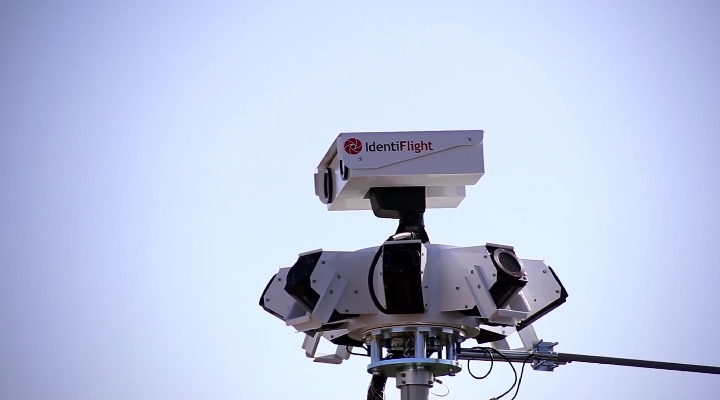IdentiFlight To Study Bird Species At First South African Site

IdentiFlight To Study Bird Species At First South African Site. IdentiFlight is pleased to announce its entry in South Africa. KAP Limited (KAP) has purchased the first IdentiFlight system in South Africa as part of a research plan for their Renewable Energy Strategy, and contracted Proconics to assist with purchase and installation of the IdentiFlight system.
The first IdentiFlight system in South Africa will be installed as a study unit to develop a better understanding of sensitive species, such as the cape vulture, Verreaux’s eagle, and black harrier.
“At KAP, we are committed to the long-term sustainability of our environment,” stated Gielie Riemers, Group Manager for KAP Energy. “We actively identify ways to reduce our impact and protect natural resources. This IdentiFlight unit will help us better understand the biodiverse environment and allows us to protect the rare bird species found at some of our locations.”
The IdentiFlight system blends artificial intelligence with high-precision optical technology to detect and classify avian species with more than 99 percent accuracy and up to one kilometer away. Proprietary software and neural network technologies process the images to determine 3D position, velocity, trajectory, and sensitive species of interest, all within seconds of detection.
Since 2016, IdentiFlight has been used in wind farms across four continents to detect threats to sensitive species. IdentiFlight can curtail specific turbines that pose a risk to these birds of interest. IdentiFlight systems can be deployed for data collection and monitoring purposes at prospective wind farm sites or operating wind farms alike. Multi-year, independent research has confirmed that IdentiFlight reduces avian fatalities in wind farms by over 85 percent.
“IdentiFlight is elated to work with KAP to learn more about South African species,” said Don Mills, President and Chief Operations Officer of IdentiFlight. “This study unit will collect millions of data points including bird counts, location, and behavior observations. This metadata will provide KAP with the information they need for effective mitigation and future risk minimization of sensitive avian species on their sites.”




